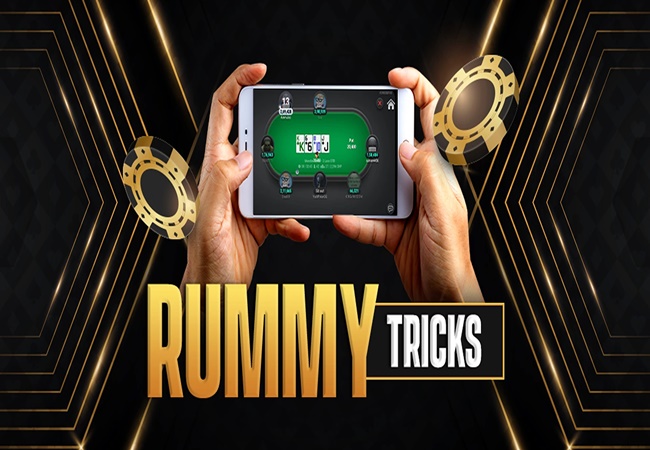Rummy Games: Perfecting Your Play and Understanding the Rules
Rummy, a beloved card game played worldwide, combines strategy, skill, and a bit of luck in a captivating blend that has entertained generations. The evolution of rummy showcases its enduring appeal and adaptability across cultures. Whether gathered around a cozy table with friends or engaging in online matches across continents, mastering the nuances of Rummy game enhances both enjoyment and competitive edge. At its core, Rummy involves forming sets or runs of cards from a standard deck. Variants such as Gin Rummy, Indian Rummy, and Canasta each introduce unique twists, but the fundamental goal remains consistent: arrange your cards into melds that meet game-specific criteria before your opponents do.

History and Evolution of Rummy
The origins of Rummy trace back to the early 20th century, evolving from older card games like Conquian and Mahjong. Its popularity surged during the Great Depression in America, offering a blend of entertainment and mental stimulation during challenging times, similar to Teen Patti Stars. Since then, the evolution of rummy has spread globally, adapting to regional preferences and spawning numerous variations that cater to diverse player tastes.
Basic Rules and Gameplay
Central to Rummy’s appeal is its accessibility. Players typically receive a hand of cards from which they aim to create valid combinations. A meld can be a set of three or four cards of the same rank (e.g., three Jacks) or a run of three or more consecutive cards in the same suit (e.g., 4, 5, 6 of hearts). The evolution of rummy progresses with players drawing cards from a central deck or discard pile, strategizing to build their hands while thwarting opponents’ efforts.
Strategies for Success
Success in Rummy hinges on a blend of tactical decision-making and adaptability. Key strategies include:
- Card Counting and Probability: Tracking which cards have been played enhances your ability to predict available moves and opponents’ strategies.
- Discard Wisely: Every card discarded offers a clue to your opponents. Choose your discards strategically to avoid aiding their game plans.
- Focus on Melds: Prioritize completing melds early to minimize points in your hand if the round ends unexpectedly.
- Bluffing and Misdirection: Conveying false signals through your actions can mislead opponents, potentially influencing their decisions and giving you an edge.
- Adapt to Variants: Each variant of Rummy introduces unique rules and strategies. Understanding these nuances enhances your versatility and competitive edge across different formats.

Etiquette and Sportsmanship
Beyond strategy, the evolution of rummy etiquette fosters a respectful and enjoyable gameplay experience. Simple courtesies such as maintaining a brisk pace, refraining from table talk that may influence others, and gracefully acknowledging wins and losses contribute to a positive atmosphere for all players involved.
Online Rummy
In the digital age, Rummy has found a robust online presence. Virtual platforms offer convenience and accessibility, allowing players to compete across borders and time zones. Online versions often feature automated scoring and rules enforcement, streamlining gameplay while preserving the spirit of the traditional card game.
Benefits Beyond the Game
Beyond its entertainment value, the evolution of rummy offers cognitive benefits such as improved memory, strategic thinking, and pattern recognition. Regular play can sharpen mental acuity and provide a social outlet, whether played casually with friends or competitively in tournaments in the world of rummy.
Conclusion
Rummy’s enduring popularity lies in its blend of simplicity and depth. The evolution of rummy involves not just understanding the rules and strategies but also cultivating adaptability and finesse in gameplay. Whether you’re a novice exploring the basics or a seasoned player honing advanced techniques, the journey through Rummy promises endless opportunities for skill development, camaraderie, and pure enjoyment.






